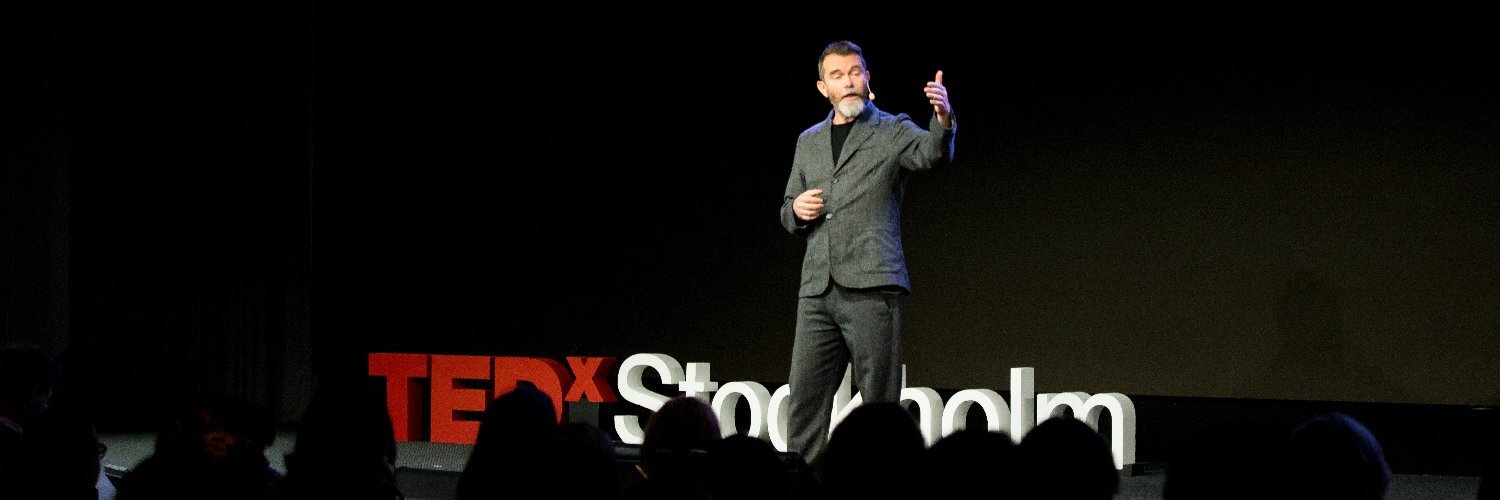This is an extended edition of the Dot Maker interview in Connecting Dots 11 with Joe Macleod. Given the last edition of the Connecting Dots Newsletter discusses information elaboration and group reflexivity it was only right to share the thoughtful extended interview with Joe.
Dot Makers
Joe Macleod, ex-Nokia during the glory days and my close colleague at ustwo where he was Creative Director. These days he helps us think more about death and endings, topics most of us like to avoid.
What aren’t we talking about that we should be?
Endings. Groupthink about endless technology solutions has blinded us to consider longevity and responsibility at off-boarding of the consumer lifecycle. Although this started in post-industrial times, it has sociology that can be traced back to a change in religious practices from after the plague and the consequential uprising of the Protestants. These changes energised a distancing at the end of the consumer experience. Digital, although recent, is adopting similar characteristics to other past industries.
Digital innovation in many cases seems hopelessly narcissistic. Scrambling to perceived future horizons. Failing to acknowledge the consequences in the present. Or consider learnings from the past. The chemical industry boom of the last century drove forward with similar excitement and ego. Responsibility was short-lived.
What unexpected innovator do you admire?
Christine Fredrick, a home economist, author and, although the title wasn't available then, an interaction designer. She was credited with standardising the height of kitchen worktops in America, amongst other things. But the reason I think she was a pioneer was that she coined the phrase 'Progressive Obsolescence'. She then went on to encourage a change of thinking around consumerism. To purchase, because you want to, not because you need to. She has pushed consumerism more than any advertising exec or marketing guru, yet is sadly overlooked.
What’s the hardest moment of your job?
Persuasion. Turning peoples world view upside down. Trying to persuade an established business culture that a good off-boarding experience for a customer is vital, profitable, and critical to the environment. I am reassured though, that once they see this, the majority are super thankful for their newfound vision.
The established mindset of business culture is a parody of Epicurus the Ancient Greek philosopher 341–270 BC, who said... "Why should I fear death? If I am, then death is not. If death is, then I am not. Why should I fear that which can only exist when I do not?"
Business thinking, and also some of the modern methods and processes we use can not tolerate the idea of being responsible and present in both places with a customer and a past-customer.
What does a break-through moment feel like to you?
After a conference talk or a training session, I can see the penny-drop in peoples minds about endings and off-boarding. They then engage in these exciting conversations about failed endings they have experienced or how they can apply it to their product development work. After which I witness a fresh bright look in their eyes as they start to see the world upside down or at least the end from the beginning.
When it comes to digital innovation what do you wish we knew that we don't?
The consequences of having so few big players in the digital space and the emerging awareness of surveillance capitalism.
